9 Best Natural Muscle Relaxers For Effective Pain Relief
Ease your muscles and keep moving with the remedies available in your kitchen.
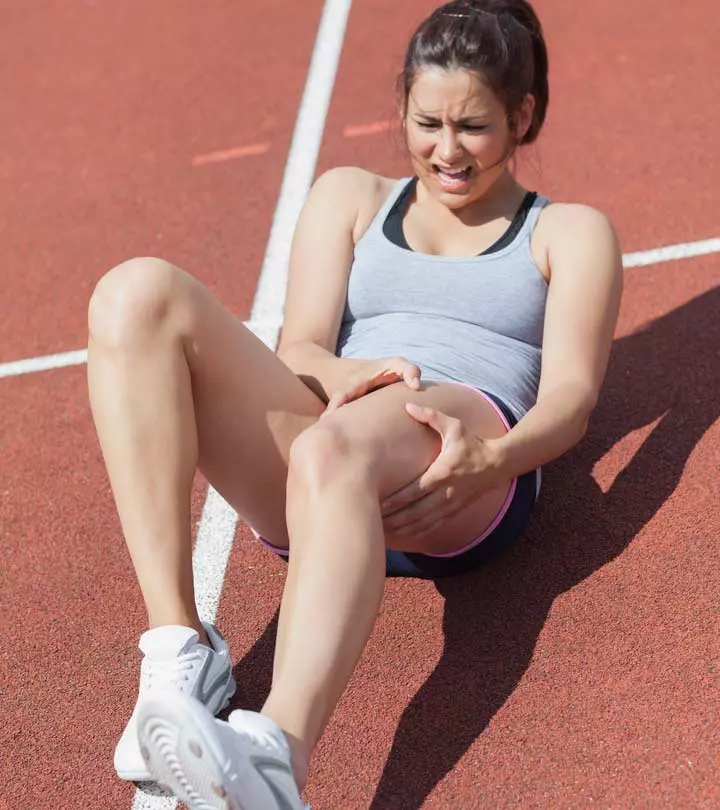
Image: Shutterstock
A sedentary lifestyle and long work hours may cause muscle aches and spasms. These can affect anyone, anytime, and in any part of the body. Instead of resorting to painkillers, you can try natural muscle relaxers or home remedies for muscle relaxation to ease the sudden involuntary strain, tightness, or bulging in a muscle. In this article, we shall understand the various causes behind muscle spasms and soreness and look at a few natural muscle relaxers that can help you relieve the pain effectively. Read on.
In This Article
What Causes Muscle Spasms?
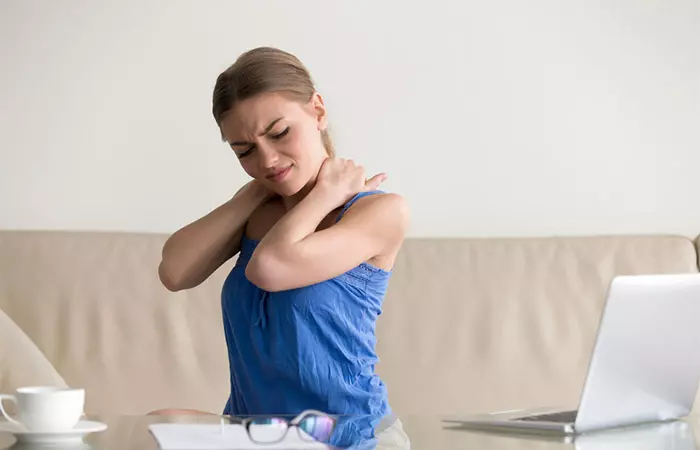
Muscle spasms most commonly affect the neck, shoulder, and back regions due to poor stance and posture (1). However, you can experience muscle spasms in any part of the body like hands, feet, calves, hamstrings, abdomen, etc. These limit your range of movement and can cause mild discomfort or intense pain.
Muscle spasms, cramps, and soreness can occur due to any one or a combination of the following reasons:
- Prolonged strenuous physical activity or heavy exercises
- Wrong sitting posture during long work hours might lead to back, shoulder, or neck pain.
- Incorrect sleep positions or walking posture
- Uterine contractions during menstruation
- Rapid weight gain and a sedentary lifestyle might make your muscles more prone to stiffness, spasms, and cramps.
- Sudden twists, bumps, or falls
- Nutrient deficiencies like a lack of vitamin D, magnesium, or protein
- Chronic joint muscle pain caused by underlying conditions like arthritisi An inflammation, swelling, and stiffness of one or multiple joints that cause pain and worsens with age. , fibromyalgiai A disorder characterized by widespread muscle pain and tenderness, which causes pain all over the body. , and similar health conditions
- Rarely, spasmodic muscles could be due to certain chronic health conditions like muscular dystrophyi A group of genetic diseases that gradually lead to loss of muscle mass and permanently weaken them. , multiple sclerosisi An autoimmune disease that affects the central nervous system (brain, spinal cord, and optical nerves). , or McArdle's diseasei A rare genetic disorder that mainly affects skeletal muscles and causes painful muscle cramps and weakness. .
While reaching out for prescribed painkillers or OTC pain relief ointments might be your first instinct when in pain, exploring other ways and learning how to get rid of sore muscles could be an option. Natural muscle relaxers or natural remedies for muscle tension may offer relief to a great extent. There is an assortment of herbs and plant extracts that can help relax your muscles and relieve the pain and soreness (2). We have rounded off a list of natural muscle relaxers to help you choose the most suitable option in times of need.
Key Takeaways
- Muscle spasms can be caused by incorrect posture, heavy exercises, or rapid weight gain.
- Increase the intake of vitamin D, magnesium, and protein to help relieve muscle spasms.
- Consume a balanced diet with excess fluids to help reduce pain.
- Massage impacted areas of your body with oils to relax any tight muscles.
- Use heat and ice packs to relax your muscles and reduce swelling.
9 Natural Muscle Relaxers For Pain-relief
Muscle spasms and pains are common in today’s fast-paced life. However, every time, looking for painkillers may not be suitable. Here, looking for natural relaxers is a good option. Natural relaxers include a variety of fruits, herbs, and essential oils, each with specific properties that may help reduce stress and ease muscle soreness. Some top options are discussed below, along with simple ways to include them in your wellness regimen.
1. Chamomile
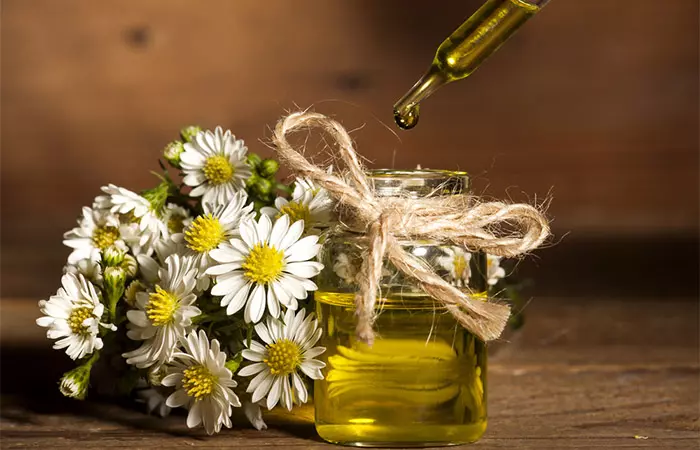
Chamomile, an herbal muscle relaxer, is a therapeutic herb rich in anti-inflammatory flavonoids. It may help manage various issues, including insomniai A common sleep disorder in which you have trouble falling and staying asleep due to poor sleeping habits, depression, and anxiety. , muscle spasms, menstrual cramps, hay fever, cold, and flu (3). Massaging chamomile essential oil onto the affected muscles helps improve blood circulation and provides relief from spasms. You may drink chamomile tea to relax the stiff and sore muscles (2). Chamomile tea’s anti-inflammatory and antispasmodici A pharmaceutical drug or agent that is used to relieve muscle spasms (cramps or painful contractions). properties help reduce menstrual cramps and premenstrual syndrome (4), (5).
Emma, a beekeeper, aromatherapist, and blogger, talks about using Roman and Greek (blue) chamomile compresses for her therapeutic benefits. She writes, “I often blend chamomile for backache with other anti-inflammatory oils such as lavender. However, I’ve found blue to be the more anti-inflammatory of the two (i).”
 Quick Tip
Quick Tip2. Cherry Juice And Extracts
Cherries are loaded with antioxidants and have anti-inflammatory properties, which may help relax muscles and reduce muscle damage and soreness
(6). A study showed that tart cherry juice and extracts could help athletes and marathon runners relieve muscle sprains and injuries (7). In addition, cherry juice helps reduce muscle damage and aids in faster recovery (8), (9).
3. Blueberries
Blueberries are rich in antioxidants and anti-inflammatory polyphenols that help relax muscles and boost recovery after exercise. Supplementing your diet with blueberries may help improve your exercise performance and decrease inflammatory markers (10). A pre-and post-workout blueberry smoothie meal can aid faster recovery from any muscle damage (11). Blueberries might also help ease chronic muscle pain and inflammation associated with osteoporosisi A bone disease in which bones become weak and brittle due to loss of bone density, which increases the risk of fractures. and help improve posture and mobility in the elderly (12), (13).
4. Cayenne Pepper
Capsaicin is naturally found in the pith (fleshy part) of cayenne pepper. This natural muscle relaxant may help relieve pain associated with fibromyalgia (a type of muscle pain disorder) (14). While you can include cayenne pepper in various dishes, you can also find cayenne pepper extracts in capsules and creams. Research suggests that applying capsaicin cream to the affected areas may relieve muscle spasms and soreness (15).
5. Pomegranate Juice
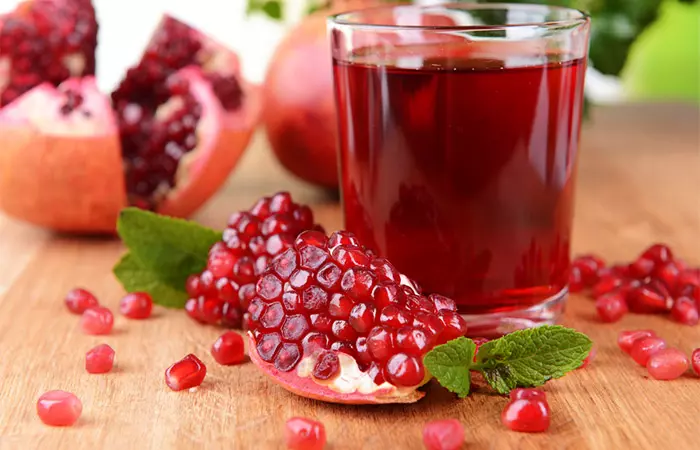
Consuming pomegranate juice is another healthy way to relieve muscle soreness. A study on weight-lifters found that drinking pomegranate juice reduced muscle damage and helped in recovery (16). Another study reported the beneficial effects of pomegranate juice on increasing strength and reducing soreness of elbow flexor muscles (17).
6. Peppermint
Menthol, the primary compound in peppermint is known for its analgesic properties and is widely used in many pain relief medications. Peppermint has antispasmodic and anti-inflammatory properties that help your muscles relax during contractions (18), (19).
You can use peppermint in two ways:
- Peppermint Tea: A 2018 review found that consuming peppermint tea infusions could relieve pain (20). You can make peppermint tea by adding a few leaves of mint to boiling water.
- Peppermint Oil Massage: Research found that the topical use of peppermint oil for sprains could provide a cooling effect, relieve pain, and promote muscular relaxation (21).
However, peppermint oil might not be suitable for people with prior health conditions affecting the liver, bile duct, or gallbladder (20).
7. Rosemary
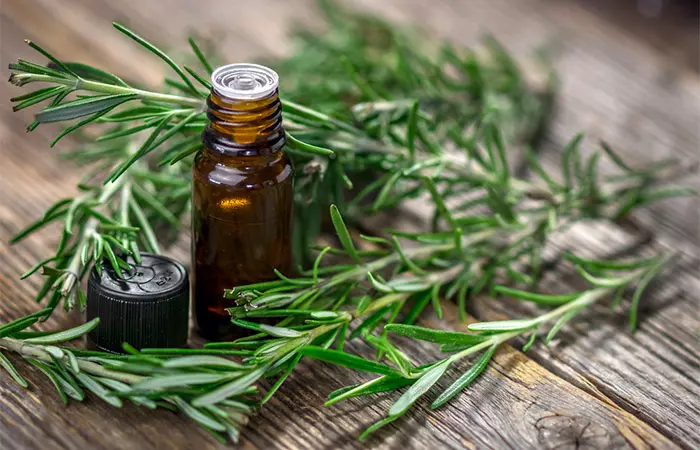
This herb helps relax muscles and heals joint pain. It is also highly effective in relieving menstrual cramps (20), (22).
You can use rosemary in the following ways:
- Rosemary Bath: Soak in a warm water bath infused with rosemary leaves.
- Rosemary Essential Oil: Massage the affected area with diluted rosemary essential oil to relieve body aches and relax the sore muscles.
8. Lavender
Lavender essential oil is known for its calming and relaxing effects. It is also effective as a natural muscle relaxer and can help alleviate symptoms of sore muscles, knee pain, and menstrual cramps (23), (24). A relaxing massage with lavender essential oil followed by a warm shower enhances blood circulation and helps ease the sore muscles, allowing them to relax.
9. Essential Oils And Aromatherapy
Most essential oils are known for their soothing and relaxing properties. They help ease muscle tension and effectively relieve muscle pain (21). Aromatherapy utilizes the benefits of these essential oils to help soothe your muscles and alleviate pain (25). Other than the peppermint, lavender, and rosemary oils discussed above, other essential oils for muscle relaxation and effective for pain relief include lemongrass oil, frankincense oil, and cypress oil.
However, always dilute the essential oils before application. You may add a drop of the essential oil to a teaspoon of any carrier oil (like almond, coconut, or jojoba oils). Follow this dilution method to combine massage oils.
Other than the above, a few diet modifications and natural muscle relaxant supplements can help you reduce the frequency of muscle cramps and sprains. Increase your intake of:
- Vitamin D
Regular muscle spasms and pain might signify vitamin D deficiency (26). It is most commonly seen in women and people who don’t get enough sunlight. Natural sources of getting vitamin D include sunlight and consuming foods like fish, eggs, and milk. Other than these, you can also consult a doctor and take vitamin D supplements.
- Protein
Adequate protein intake may help reduce muscle damage and exercise-induced inflammation. A review evaluating exercise-induced muscle damage in women found that consuming supplements with whey and casein, two types of protein, reduced muscle damage (27). In another study, marathon runners who took protein supplements reported reduced muscle soreness 72 hours after the marathon compared to those who did not (28).
- Magnesium
A magnesium deficiency might manifest as muscular pain and spasms (29). You can help reduce the frequency of these pains and cramps by supplementing your diet with magnesium-rich foods like almonds, bananas, brown rice, spinach, black beans, edamame, and legumes. Bathing in warm water infused with magnesium-rich Epsom salt is another natural way to help relax your muscles and relieve soreness and pain.
Check out the following section for an easy recipe to relax your muscles at home.
Homemade Muscle Relaxant Recipe
What You Need
- 1/2 cup of any carrier oil (coconut, olive, or jojoba oil)
- 10 drops of lavender essential oil
- 10 drops of peppermint essential oil
- 5 drops of eucalyptus essential oil
Method
- Pour the carrier oil in a clean, dry glass bottle.
- Add in the 10 drops of lavender essential oil.
- Then, mix in the 10 drops of peppermint essential oil for its cooling properties.
- Now, add in the 5 drops of eucalyptus essential oil.
- Seal the glass bottle and shake it gently to mix the oils thoroughly.
- Apply a small amount of the homemade muscle relaxant oil to the affected area and gently massage it into the skin. The combination of essential oils may help relax tense muscles.
While muscle spasms are agonizing and affect mobility, you can soothe the sore muscles and help them relax with the help of several other methods.
Other Ways To Reduce Muscle Spasms
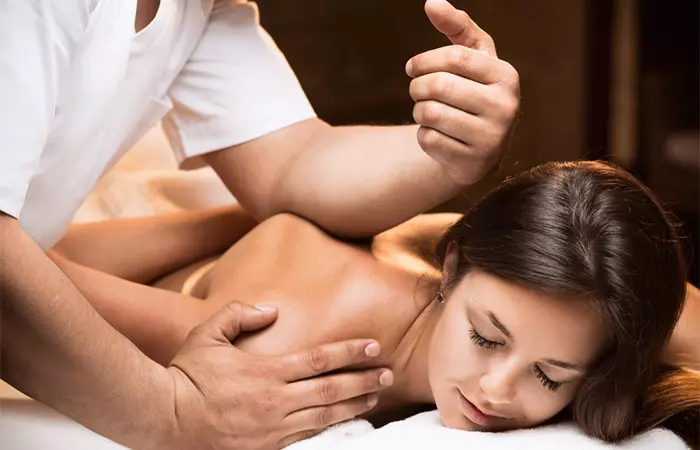
- Take Rest
When you are in pain, a good sleep, drinking plenty of fluids, and resting the affected area may help the muscles recover. Most often, spasms are caused due to overworked muscles. Getting enough rest is vital to prevent muscle fatigue and long-term damage.
- Massage
A massage involves using the right pressure to untie knots and relax tight muscles. You can get it done at home or visit a licensed spa or physiotherapy center for professional treatment. A qualified massage therapist can help relieve tense muscles with proper deep tissue massage practices.
- Use Warm Or Cold Compresses
One common and beneficial practice to help relieve muscle pain and soreness is to apply heat or ice pack or compress. While heat improves blood circulation and helps relax your muscles, ice helps reduce inflammation and swelling. It is important to identify the type of pain to help decide which would be more beneficial.
- Over-The-Counter Drugs
Some people may choose to use medications and pain-relief ointments for instant relief. While this might come in handy to go through the day’s tasks, it is not recommended for long-term use. Such pain-relieving medications and over-the-counter muscle relaxers might have unwanted side effects in the long term.
 Quick Tip
Quick TipInstead, you can try any of the natural muscle relaxers mentioned above to treat your sore muscles naturally.
Infographic: 4 Best Natural Muscle Relaxers For Effective Pain Relief
We all experience muscle soreness and pain at some point. However, if you experience pain often, there could be a deeper problem to blame. Depending on painkillers can prove harmful in the long run. Hence, relying on natural ingredients with beneficial compounds can help. Check out the infographic below to learn more about such natural muscle relaxers for pain relief. Illustration: StyleCraze Design Team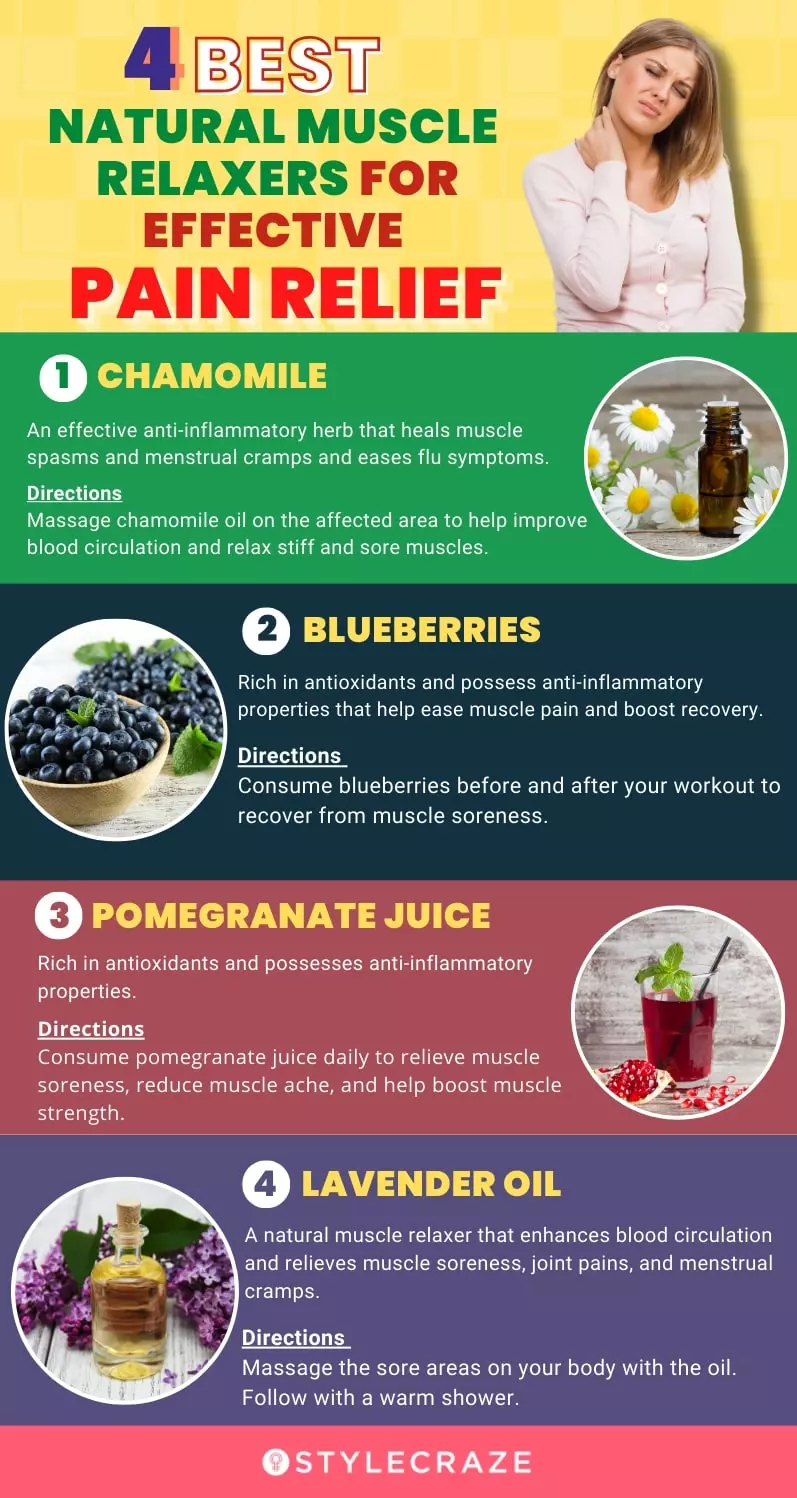
To Sum Up
Natural muscle relaxers are an excellent choice for those seeking muscle spasm relief and an alternative medicine for muscle relaxation. These relaxers help ease the sore muscles, reduce pain and discomfort and provide you that much-needed initial relief in a naturally effective way. Chamomile, peppermint, lavender, cherry juice, and many such plant and herbal products can come in handy in relaxing muscles and relieving muscle spasms and aches. Natural muscle relaxers can either be used in their raw form or as supplements. Apart from these muscle relaxation techniques, practicing yoga for muscle relaxation is also an excellent choice. However, if your pain doesn’t subside over a few days, you should consult your healthcare provider for appropriate medical treatment.
Frequently Asked Questions
What lifestyle changes can support muscle relaxation?
Adopting a healthy lifestyle can significantly support muscle relaxation. Simple habits like regular stretching, staying hydrated, eating a balanced diet, and managing stress can all contribute to easing muscle tension. Additionally, maintaining good posture, getting enough sleep, and engaging in moderate exercise can help strengthen muscles and reduce stress.
Is CBD oil a muscle relaxant?
Yes, CBD oil is an effective muscle relaxant. It also relieves chronic pain and swelling.
Does alcohol relax muscles?
Alcohol may relax the muscles. It works by slowing down the function of the nerves.
Do edibles relax muscles?
Yes, edibles can effectively relax muscles. For instance, the oral preparation of cannabis can potentially treat chronic pain and help in muscle relaxation.
What is the strongest natural muscle relaxer?
Chamomile and pomegranate juice are considered quite useful as natural muscle relaxants. However, results may vary depending on the type and cause of muscle pain.
Illustration: The 9 Best Natural Muscle Relaxers For Pain Relief
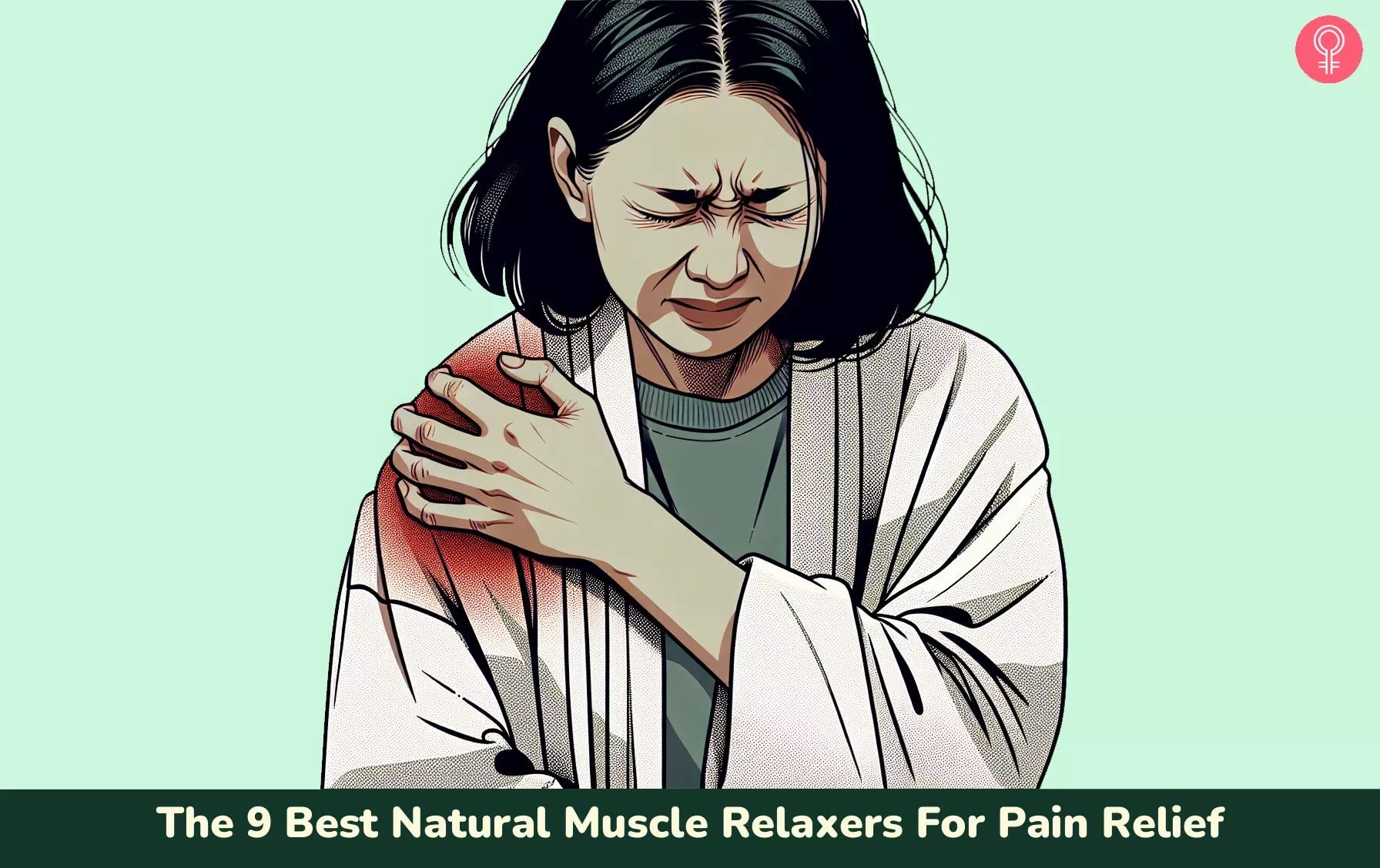
Image: Stable Diffusion/StyleCraze Design Team
Muscle cramps occur so often and are a painful inconvenience every time. Take a look at the video below for some expert tips to get relief from muscle pain and tension quickly.
Personal Experience: Source
StyleCraze's articles are interwoven with authentic personal narratives that provide depth and resonance to our content. Below are the sources of the personal accounts referenced in this article.
i. The chamomile sistershttps://missapismellifera.com/2010/03/20/chamomile/
References
Articles on StyleCraze are backed by verified information from peer-reviewed and academic research papers, reputed organizations, research institutions, and medical associations to ensure accuracy and relevance. Read our editorial policy to learn more.
- Comparing Muscle Relaxants
https://www.ncbi.nlm.nih.gov/pubmedhealth/PMH0004932/ - Herbs and natural supplements in the prevention and treatment of delayed-onset muscle soreness
https://www.ncbi.nlm.nih.gov/labs/pmc/articles/PMC5329173/ - Chamomile: A herbal medicine of the past with bright future
https://www.ncbi.nlm.nih.gov/pmc/articles/PMC2995283/ - Efficacy of Chamomile in the Treatment of Premenstrual Syndrome: A Systematic Review
https://www.ncbi.nlm.nih.gov/pmc/articles/PMC6970572/ - Chamomile tea for relief of primary dysmenorrhea
https://www.researchgate.net/publication/286965003_Chamomile_tea_for_relief_of_primary_dysmenorrhea - A Review of the Health Benefits of Cherries
https://www.ncbi.nlm.nih.gov/labs/pmc/articles/PMC5872786/ - Efficacy of tart cherry juice in reducing muscle pain during running: a randomized controlled trial
https://pubmed.ncbi.nlm.nih.gov/20459662/ - Montmorency cherry juice reduces muscle damage caused by intensive strength exercise
https://pubmed.ncbi.nlm.nih.gov/21233776/ - Influence of tart cherry juice on indices of recovery following marathon running
https://pubmed.ncbi.nlm.nih.gov/19883392/ - Assessing the Values of Blueberries Intake on Exercise Performance TAS and Inflammatory Factors
https://www.ncbi.nlm.nih.gov/labs/pmc/articles/PMC6124147/ - Effect of New Zealand blueberry consumption on recovery from eccentric exercise-induced muscle damage
https://pubmed.ncbi.nlm.nih.gov/22564864/ - Blueberries Improve Pain Gait Performance and Inflammation in Individuals with Symptomatic Knee Osteoarthritis
https://pubmed.ncbi.nlm.nih.gov/30699971/ - Effects of blueberry supplementation on measures of functional mobility in older adults
https://pubmed.ncbi.nlm.nih.gov/25909473/ - An overview of systematic reviews of complementary and alternative therapies for fibromyalgia using both AMSTAR and ROBIS as quality assessment tools
https://www.ncbi.nlm.nih.gov/pmc/articles/PMC5433031/ - Skin Matters: A Review of Topical Treatments for Chronic Pain. Part Two: Treatments and Applications
https://www.ncbi.nlm.nih.gov/pmc/articles/PMC4470969/ - Pomegranate Supplementation Accelerates Recovery of Muscle Damage and Soreness and Inflammatory Markers after a Weightlifting Training Session
https://www.ncbi.nlm.nih.gov/pmc/articles/PMC5072630/ - The effect of pomegranate juice supplementation on strength and soreness after eccentric exercise
https://pubmed.ncbi.nlm.nih.gov/21659887/ - TRPM8 is the principal mediator of menthol-induced analgesia of acute and inflammatory pain
https://pubmed.ncbi.nlm.nih.gov/23820004/ - Antispasmodic Effect of Essential Oils and Their Constituents: A Review
https://www.mdpi.com/1420-3049/24/9/1675 - Medicinal Plants of the Family Lamiaceae in Pain Therapy: A Review
https://www.ncbi.nlm.nih.gov/labs/pmc/articles/PMC5964621/ - Analgesic-Like Activity of Essential Oil Constituents: An Update
https://www.ncbi.nlm.nih.gov/pmc/articles/PMC5751100/ - Analgesic effects of rosemary essential oil and its interactions with codeine and paracetamol in mice
https://pubmed.ncbi.nlm.nih.gov/25635991/ - The Effect of Lavender Aromatherapy on the Pain Severity of Primary Dysmenorrhea: A Triple-blind Randomized Clinical Trial
https://www.ncbi.nlm.nih.gov/labs/pmc/articles/PMC5405632/ - Effect of aromatherapy massage with lavender essential oil on pain in patients with osteoarthritis of the knee: A randomized controlled clinical trial
https://pubmed.ncbi.nlm.nih.gov/27863613/ - The Effectiveness of Aromatherapy in Reducing Pain: A Systematic Review and Meta-Analysis
https://www.hindawi.com/journals/prt/2016/8158693/ - Treating Vitamin D Deficiency and Insufficiency in Chronic Neck and Back Pain and Muscle Spasm: A Case Series
https://www.ncbi.nlm.nih.gov/labs/pmc/articles/PMC6730953/ - Supplementation Strategies to Reduce Muscle Damage and Improve Recovery Following Exercise in Females: A Systematic Review
https://www.ncbi.nlm.nih.gov/pmc/articles/PMC5968901/ - Protein Supplementation During or Following a Marathon Run Influences Post-Exercise Recovery
https://www.ncbi.nlm.nih.gov/pmc/articles/PMC5872751/ - Muscle cramps and magnesium deficiency: case reports
https://www.ncbi.nlm.nih.gov/labs/pmc/articles/PMC2146789/pdf/canfamphys00077-0094.pdf
Read full bio of Dr. Saba
Read full bio of Varsha Patnaik
Read full bio of Arshiya Syeda
Read full bio of Payal Karnik






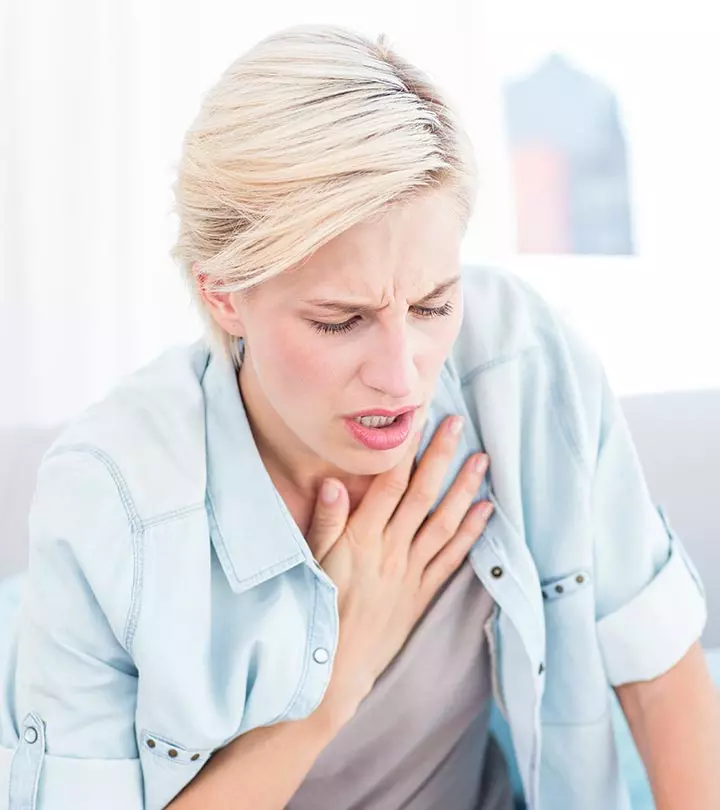
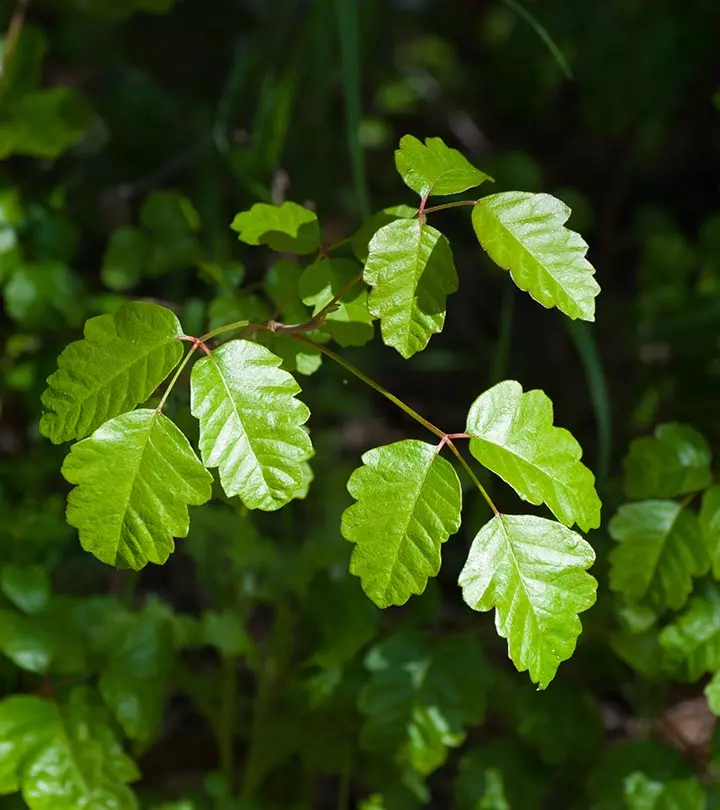

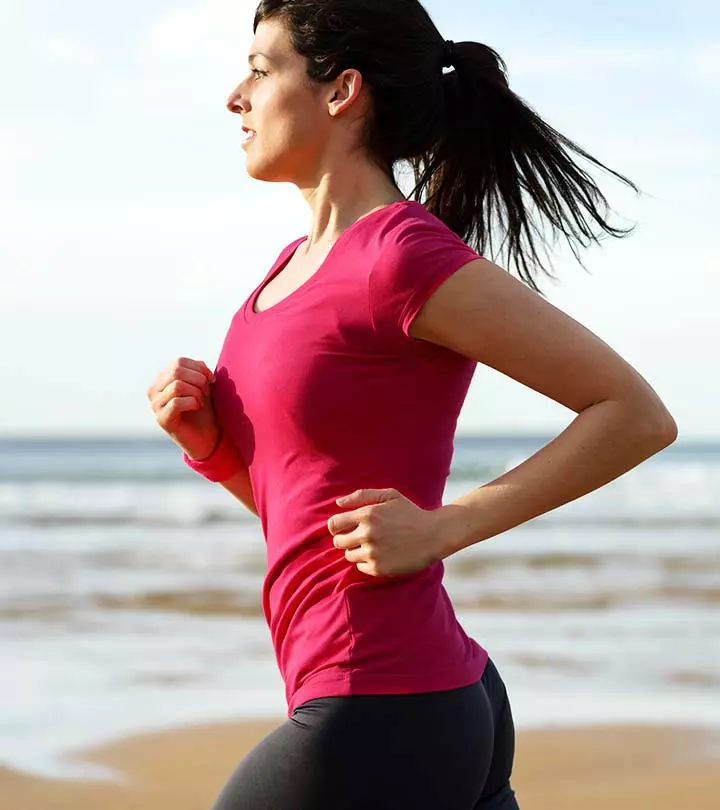
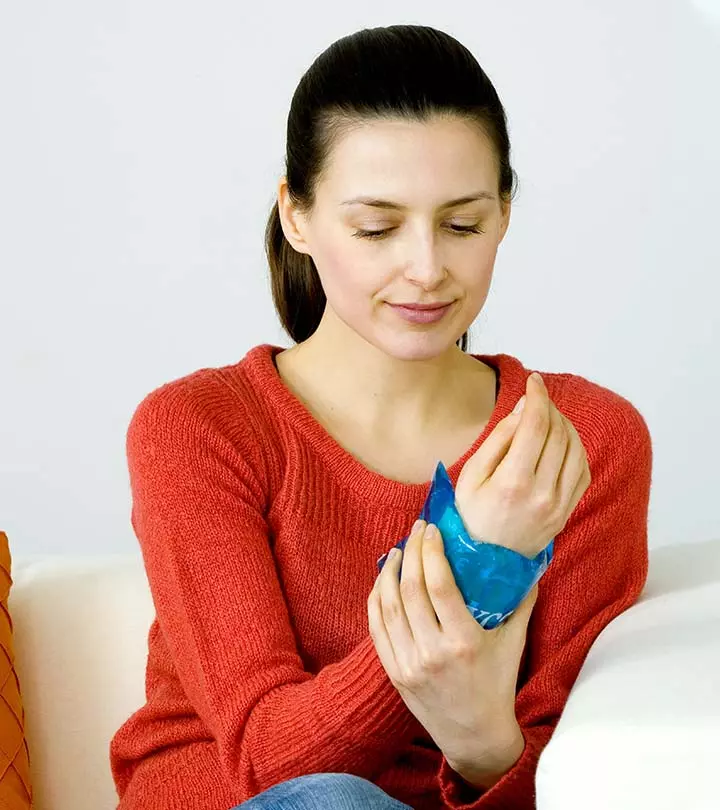
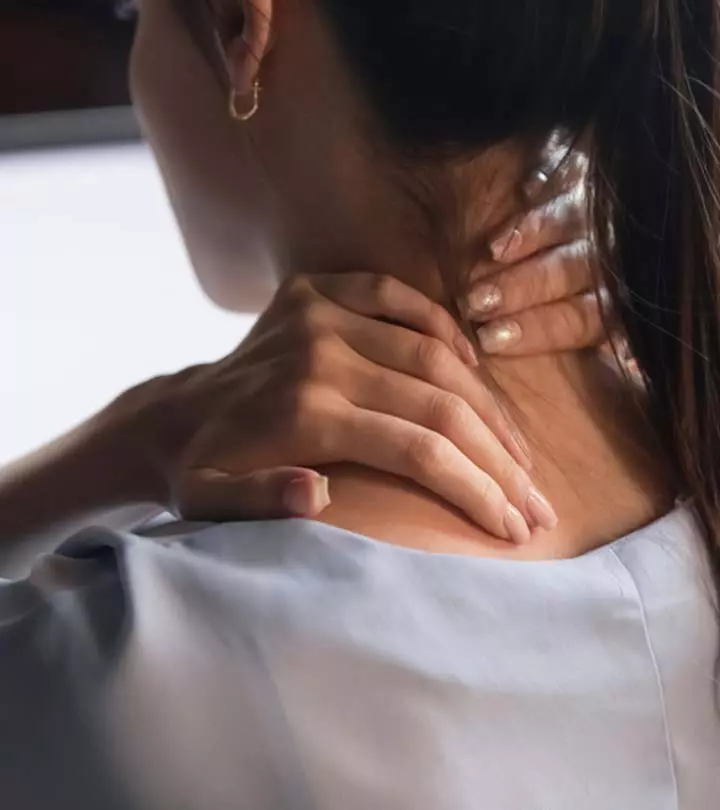
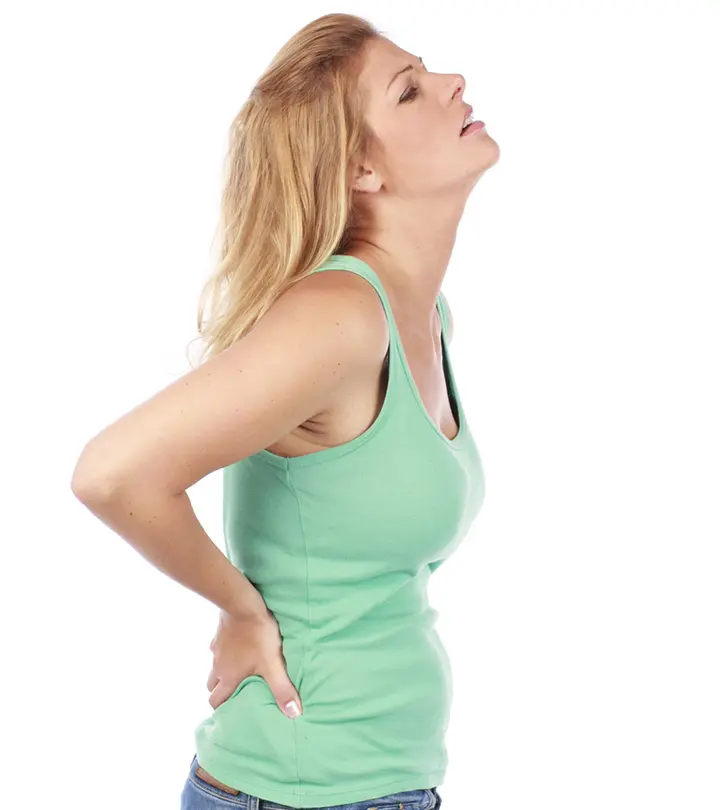
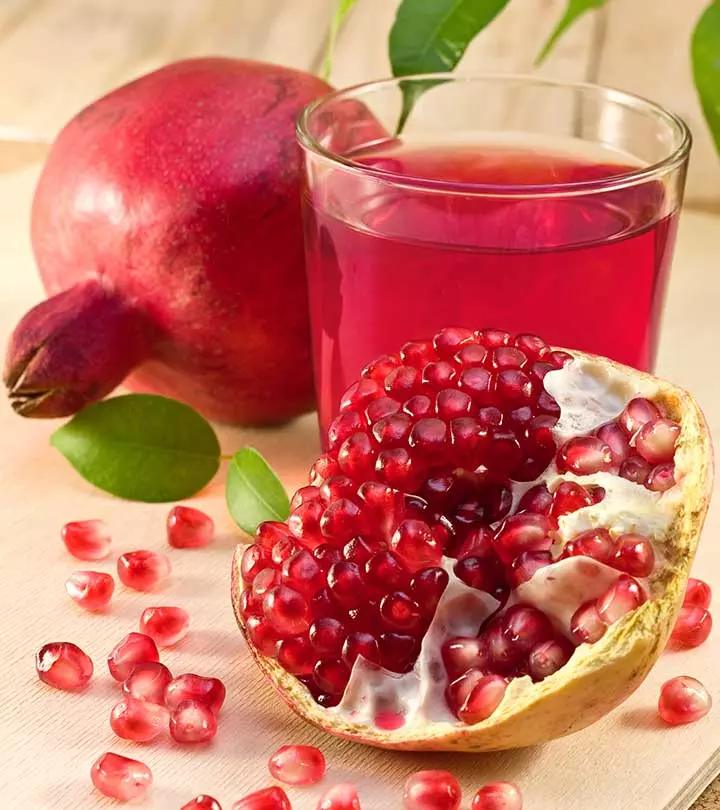
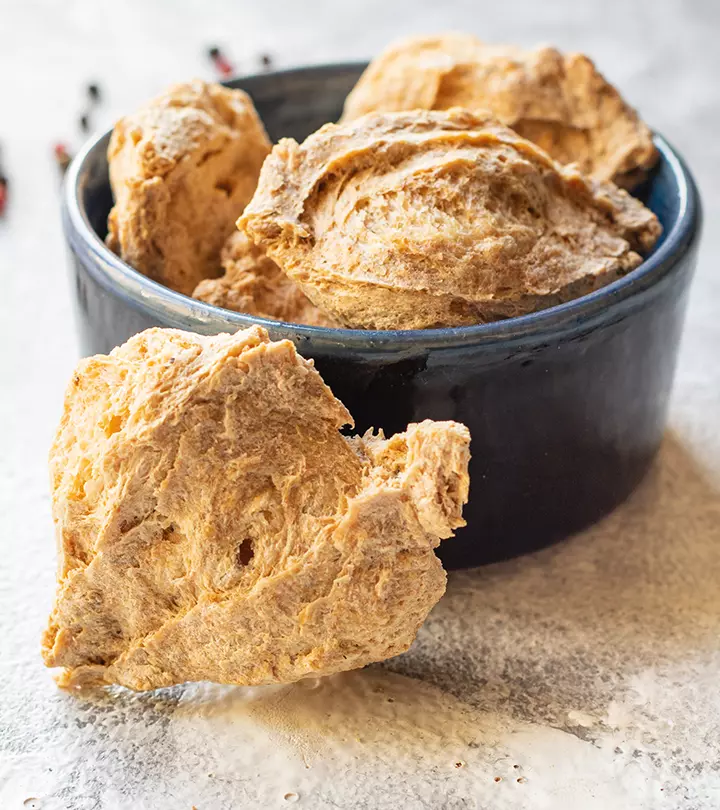
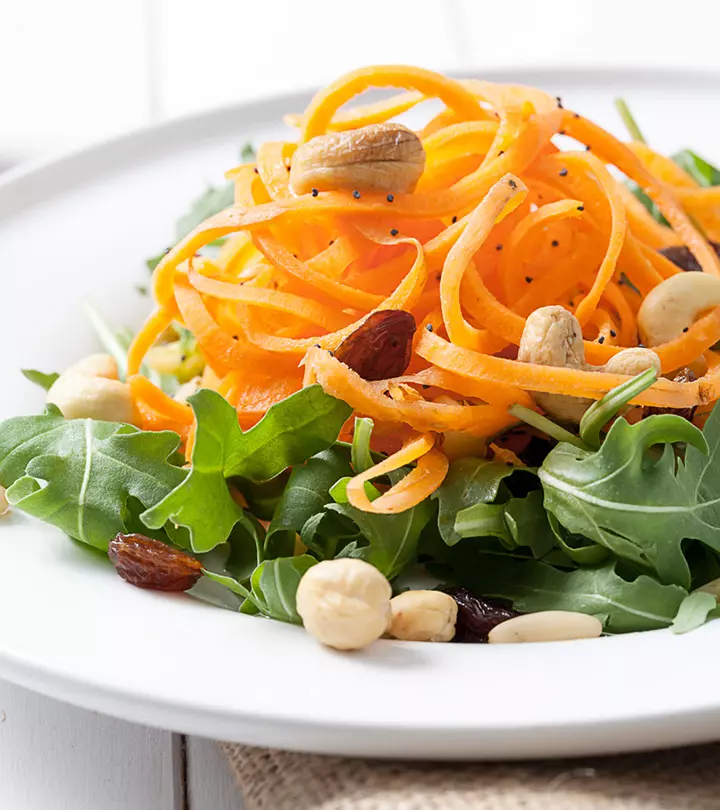
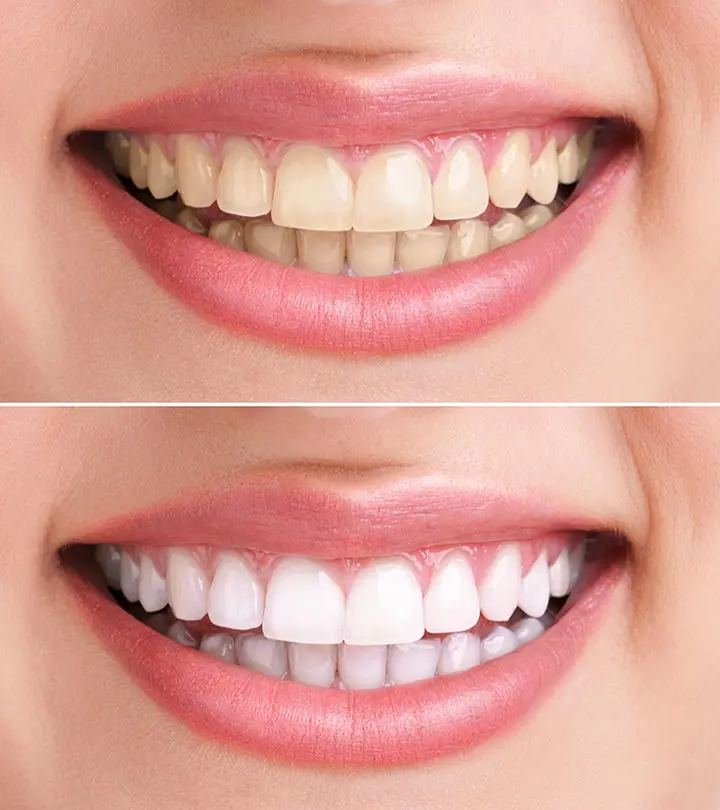
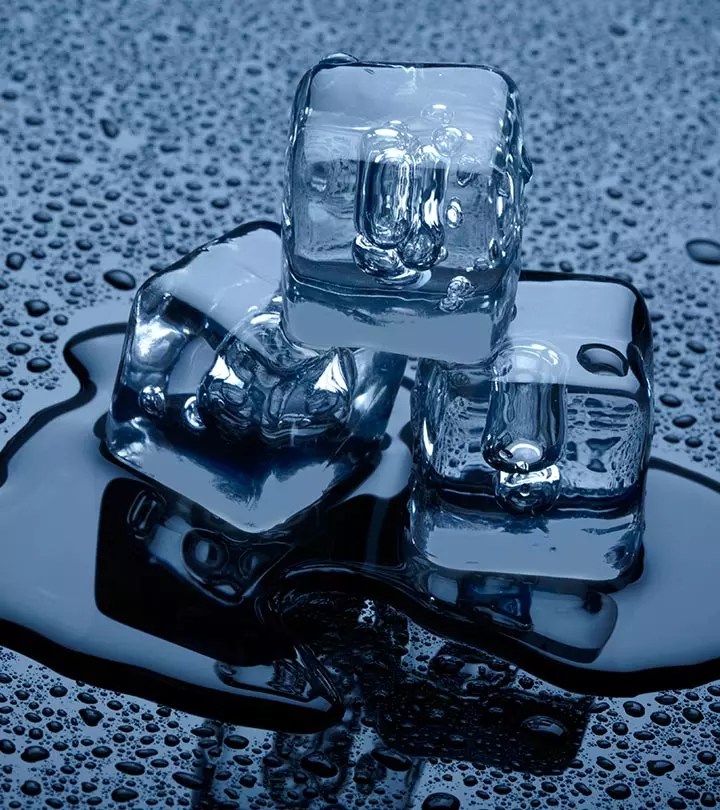


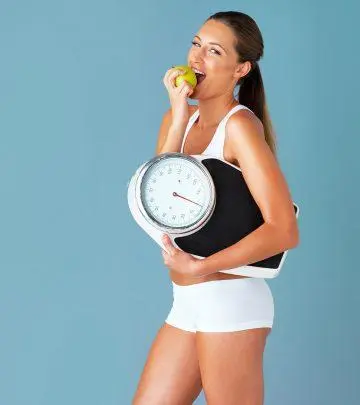

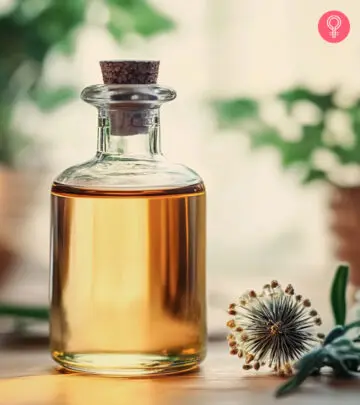
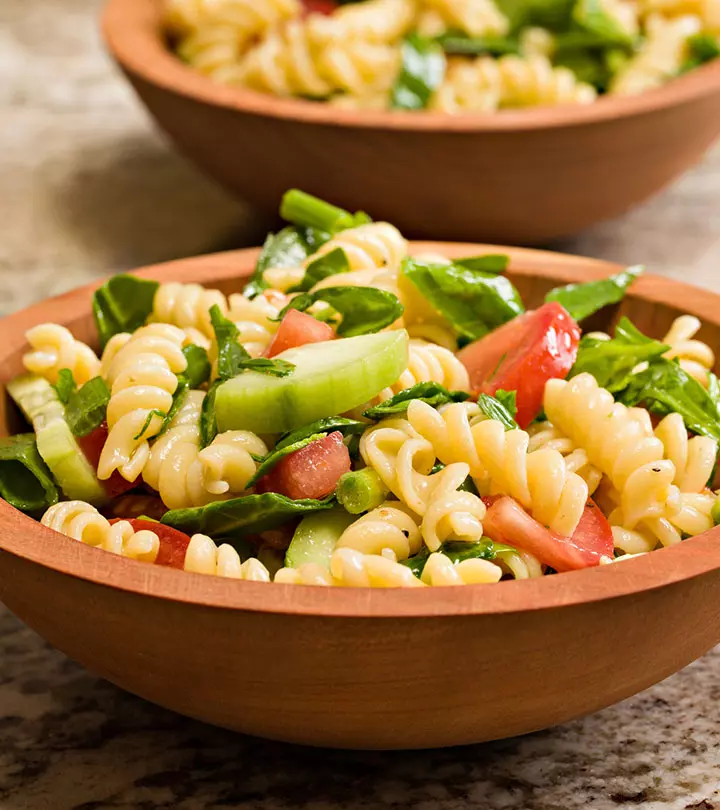

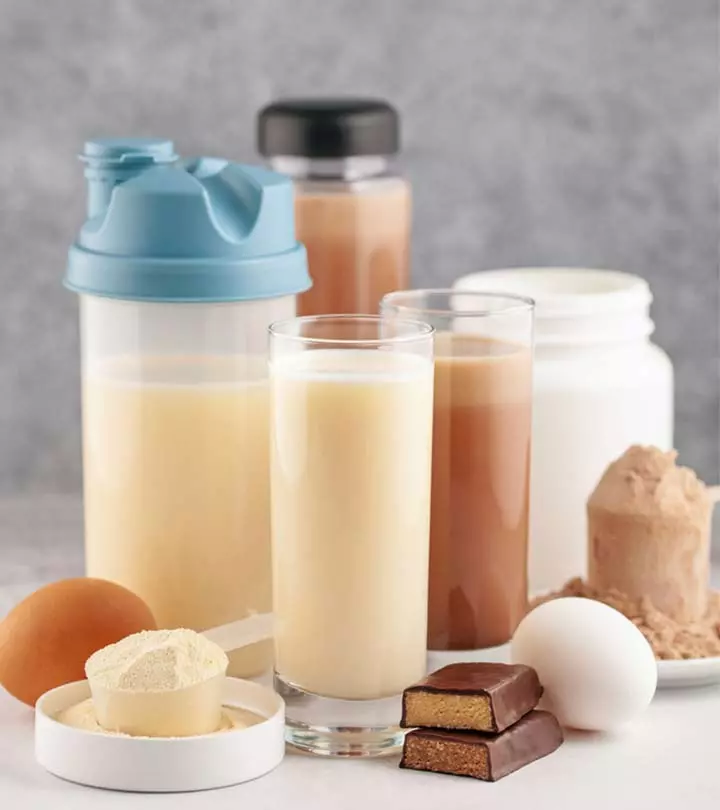
Community Experiences
Join the conversation and become a part of our empowering community! Share your stories, experiences, and insights to connect with other beauty, lifestyle, and health enthusiasts.